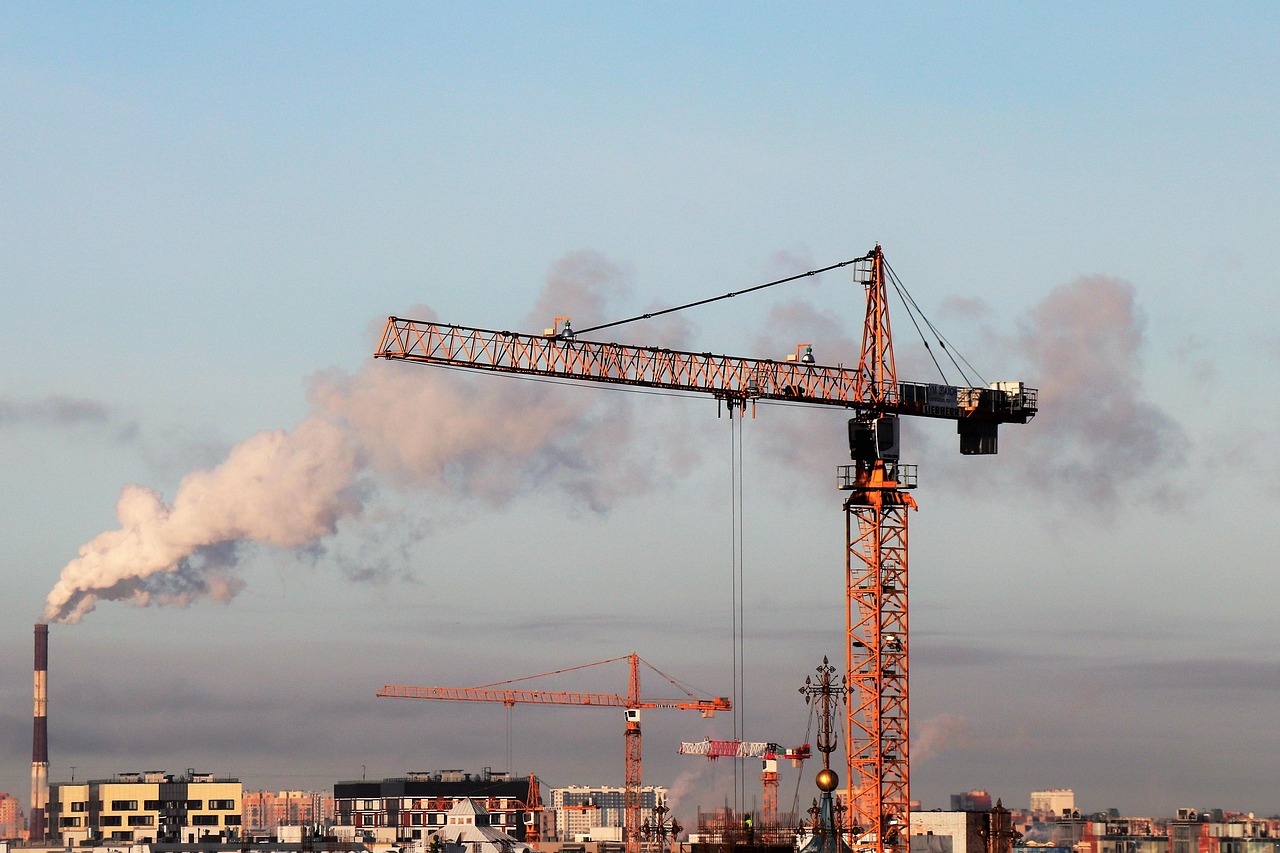新冠疫情英文版小报内容(新冠疫情英文版小报内容怎么写)
COVID-19 Pandemic: A Global Health Crisis and Its Impact on Society
Introduction
The COVID-19 pandemic has had a profound impact on the world, causing a global health crisis that has affected every aspect of our lives. From the spread of the virus to the economic and social repercussions, the pandemic has brought unprecedented challenges to societies worldwide. This article explores the various aspects of the COVID-19 pandemic, its impact on society, and the measures taken to mitigate its effects.
The Spread of the Virus
The novel coronavirus, SARS-CoV-2, was first identified in December 2019 in Wuhan, China. It quickly spread globally, leading to a pandemic declared by the World Health Organization (WHO) on March 11, 2020. The virus's high transmissibility and its ability to mutate have made it challenging to control its spread. Governments and health organizations have implemented various strategies, including social distancing, wearing masks, and vaccination programs, to curb the virus's transmission.

The Health Crisis
The COVID-19 pandemic has caused a significant strain on healthcare systems worldwide. Hospitals have been overwhelmed with cases, leading to a shortage of medical supplies and personnel. The virus has also led to an increase in mental health issues, as people grapple with fear, uncertainty, and isolation. The pandemic has highlighted the need for a robust healthcare system and a global response to public health crises.
Economic Impact
The pandemic has had a severe impact on the global economy. Many businesses have had to shut down or operate at reduced capacity due to lockdowns and social distancing measures. This has led to job losses and a decrease in economic activity. Governments have implemented various economic relief measures, such as stimulus packages and loan guarantees, to mitigate the economic fallout of the pandemic.
Social Impact
The pandemic has also had a significant impact on society. It has disrupted daily life, with people having to adapt to new norms and restrictions. The closure of schools and universities has affected education, with many students having to learn remotely. The pandemic has also led to an increase in social inequality, with vulnerable populations such as the elderly and low-income families being disproportionately affected.
Vaccination Programs
One of the most significant developments in the fight against COVID-19 has been the development and distribution of vaccines. Multiple vaccine candidates have been approved for use, and vaccination programs have been rolled out in many countries. While vaccination rates vary widely, they have helped to reduce the spread of the virus and ease restrictions. However, challenges remain, including access to vaccines in low-income countries and public trust in vaccination programs.

Public Health Measures
To combat the spread of the virus, governments have implemented various public health measures. These include social distancing, wearing masks, and restrictions on gatherings. These measures have been effective in reducing the spread of the virus but have also had negative impacts on society, such as loneliness and mental health issues.
Future Considerations
As the world continues to grapple with the COVID-19 pandemic, it is essential to consider its long-term effects on society. The pandemic has highlighted the need for a robust healthcare system and a global response to public health crises. It has also shown the importance of public health measures in reducing the spread of infectious diseases. In the future, it will be crucial to invest in public health infrastructure and promote vaccination programs to prevent future pandemics.

Conclusion
The COVID-19 pandemic has had a profound impact on society worldwide. It has caused a global health crisis that has affected every aspect of our lives. While vaccination programs and public health measures have helped to reduce the spread of the virus, challenges remain. As we move forward, it is essential to consider the long-term effects of the pandemic and invest in public health infrastructure to prevent future crises. By working together and learning from our experiences during this pandemic, we can build a more resilient and prepared society for future challenges.





还没有评论,来说两句吧...